During our Ash Wednesday service yesterday, our Chaplain Intern, Robert Flowers, delivered the following homily. Thank you, Robert, for sharing this with us!
A Reflection on Psalm 51:1-17
Prayer: O God of my salvation, deliver me so that my tongue will sing aloud of your deliverance. O Lord, open my lips, and my mouth will declare your praise. Amen
It’s painful for patients to come to Alliance and share their aches, pains, and struggles with strangers. If you’ve ever been sick, you know how difficult it is to be around other people. We can’t talk about our illnesses. It’s too embarrassing. No one wants to hear about our excruciating pain, our unbearable suffering, or our “dark night[s]” of the soul. When we get sick, we want to hide it and pretend like all is fine. What ends up happening is we burden ourselves with shame, embarrassment, secrecy, guilt, and insecurity.
The patients who visit our Green, Blue, and Purple Pods bring with them loads of shame, secrets, guilt, and insecurity. Maybe it’s the diabetic patient who hasn’t been eating rightly or exercising. Or perhaps it’s the patient who knows he needs to kick his smoking habit, but he just can’t. Maybe its the woman who feels hopeless because of a debilitating illness, broken marriage, and lack of money. These patients walk in and out of our office daily hiding their struggles, but hoping that they might find a listening ear, a caring smile, or simply someone who cares.
That’s our role here. We are caregivers, but we could also think of ourselves as confession partners. People who are in utter pain and despair come to us and share their struggles. Sometimes we help by prescribing medicine, offering counsel, providing resources, or referring them to specialists. But these are only band-aids; temporary fixes.
In reality, we have very little control over when, how, and where our bodies get sick. Illness can come to anyone at any time and at any age. It might come as a sudden pain, a strange lump, a routine checkup, or a vague sense that something is not quite right. The unexpected diagnosis of a serious illness brings with it shock, surprise and a confrontation with the fact that we are all going to die. Indeed, illness is much more than a medical event. It is often nothing short of a life passage and the beginning of a new journey.[1]
We who work at Alliance are confession partners on the same journey as our patients. We, with finite bodies and limited knowledge and abilities, join our patients in trying to cope with the fear and frustration that come with being inside bodies that are breaking down.
In today’s Psalm, we hear the confession of a fellow traveller, someone on this journey just like us. This person is on his knees in utter despair, in a body that is breaking down. The first words we hear are a cry for mercy. “Have mercy on me, wash me from my iniquity,” the Psalmist pleads to God. This cry for mercy can only come from someone who is struggling, from someone who knows his or her own brokenness. When we recognize what is broken in our hearts, the only thing we can do is to cry out for mercy.
Crying out for mercy is never easy. We can’t stand to admit those things that break our hearts and leave us feeling desperate, powerless, and dependent on something beyond our control. What would happen, we worry, if others knew of our struggles, knew of our doubts, knew of our fears, knew about our illnesses, or knew about our addictions? What would happen if people saw me for who I really am?
Our Psalmist reminds us that we come to remember and confess our deepest struggles because we know they don’t fall on deaf ears. Today is Ash Wednesday, when we come to receive the mark of the cross on our foreheads. This mark reminds us that we’re not alone in our afflictions and suffering. God has appealed to us in the dirty, messy, and crucified human body of Jesus Christ. We confess our struggles, knowing that the Word made flesh has heard our cries and has the power to purge us and renew within us a right spirit.
This is why we begin Lent with Ash Wednesday. Lent prepares us for the Cross and the celebration of Easter Sunday, that day when God through Jesus renews us and gives us new life. We learn to know and receive God’s merciful gift of new life as we plead and confess alongside the Psalmist. With broken and contrite hearts, we come before God crying out for mercy. Today on Ash Wednesday, let us remember and confess what makes us broken and finite human beings. In doing so, we can begin our journey toward the mercy and new life that God gives us on Easter Sunday. In the name of the Father, Son, and Holy Spirit. Amen.
[1] See James L. Brooks, The Unbroken Circle: A Toolkit for Congregations Around Illness, End of Life and Grief (Durham, NC: Duke Institute on Care at the End of Life, 2009), 35.
